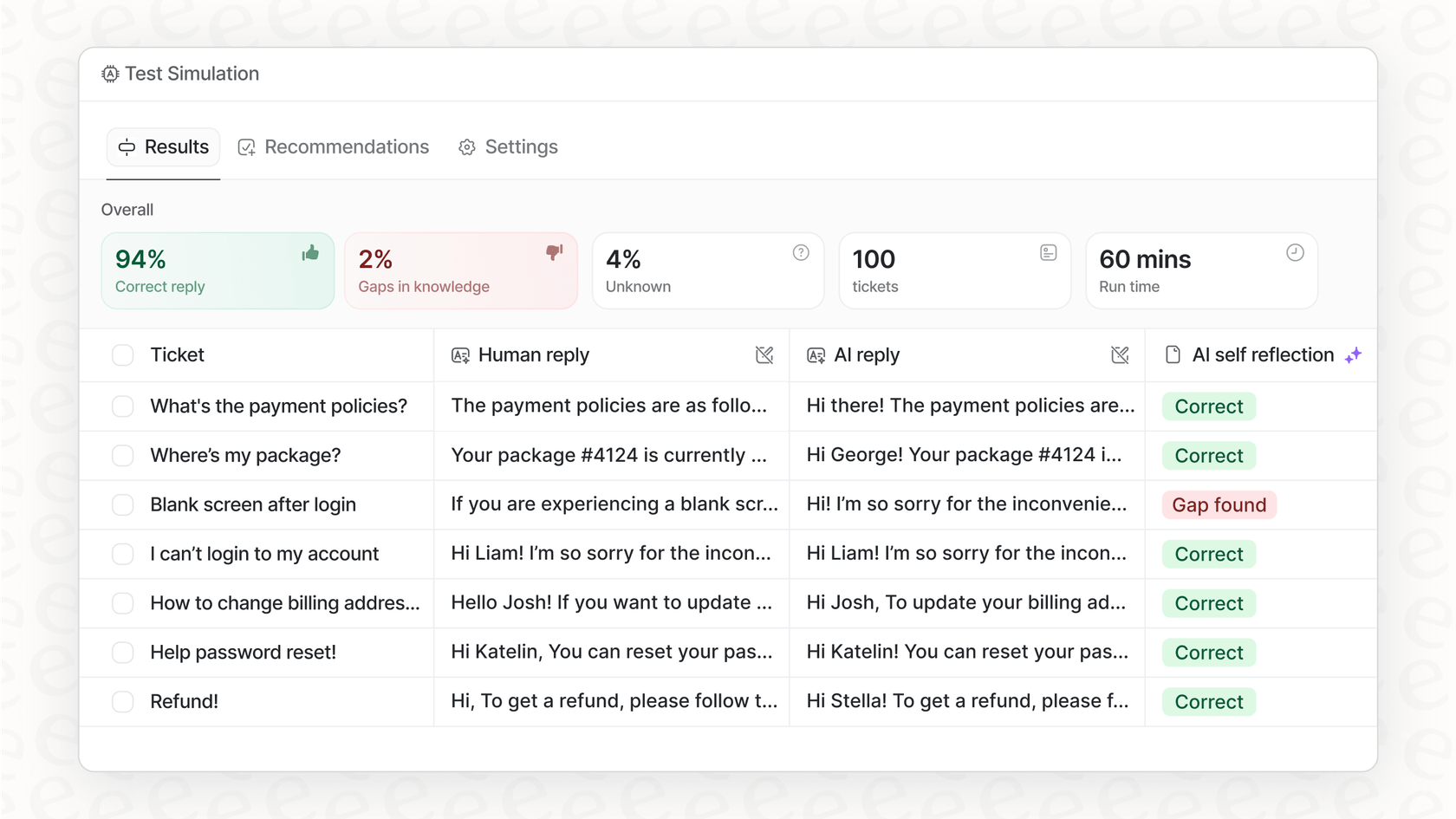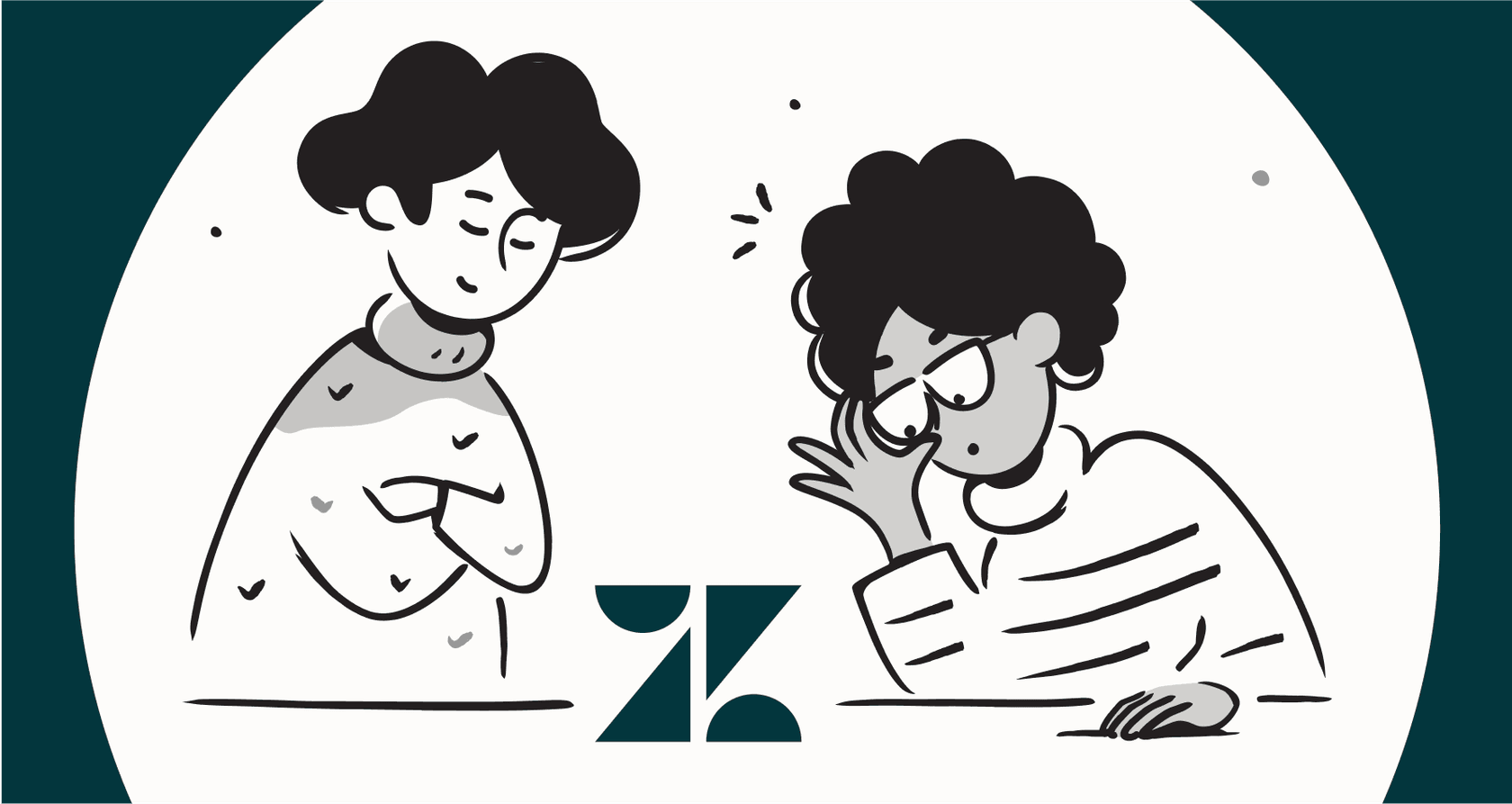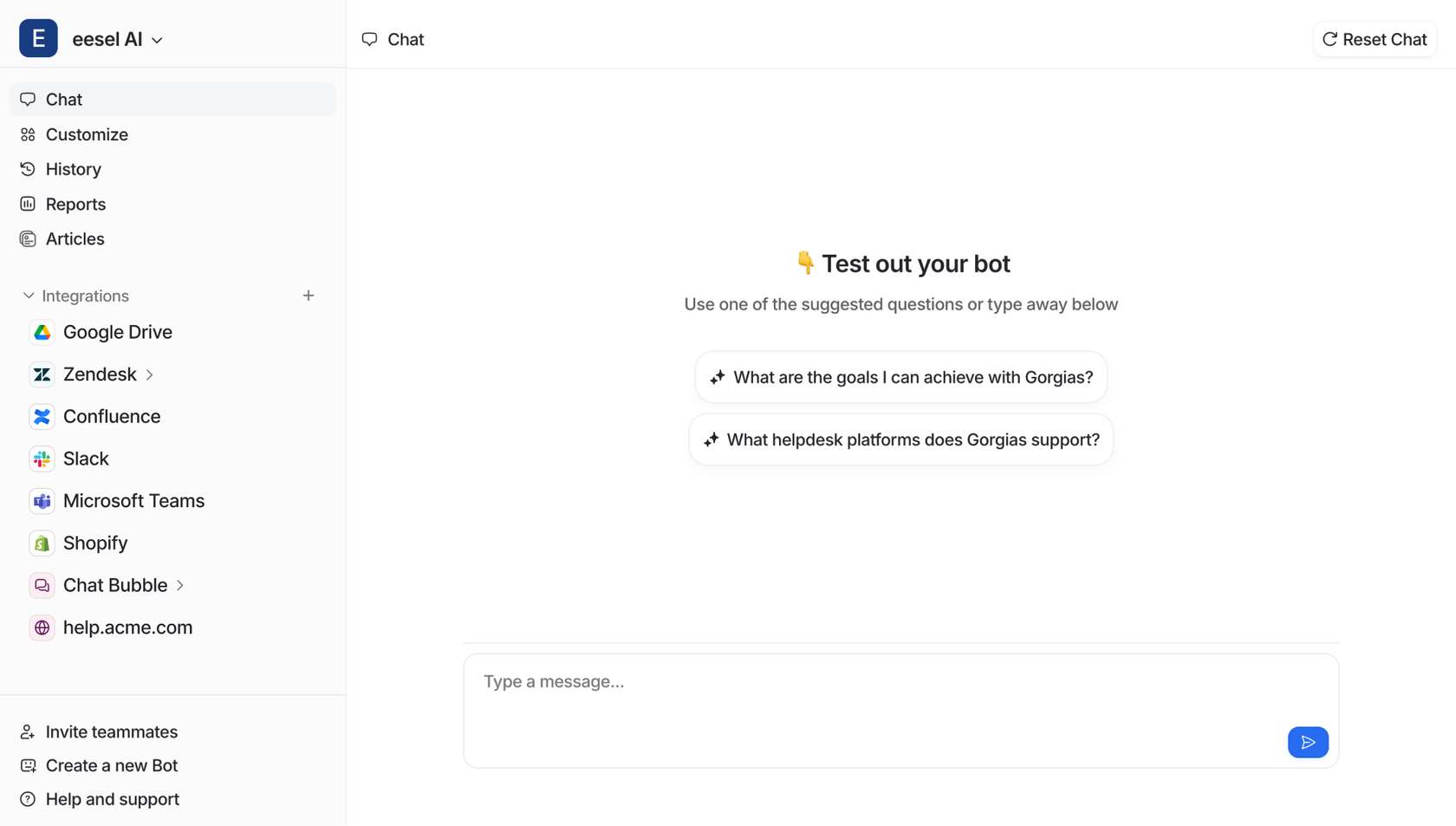Macha AI review 2025: Is it the right Zendesk AI app for you?

Stevia Putri
Last edited September 23, 2025

Trying to pick the right AI tool for your help desk can feel like a chore. The market is packed with options, and they all promise to slash your ticket volume and make your support team’s life easier. If you’re a Zendesk user, you’ve probably heard of Macha AI. It offers a handful of separate AI apps meant to give your agents a boost.
But is a collection of individual tools really the best way to go? In this honest Macha AI review, we’ll get into what it actually does, make sense of its per-seat pricing, and talk about some of its real-world limitations. We’ll also look at a more unified alternative that aims for genuine automation, not just simple assistance.
What is Macha AI?
Macha AI sells itself as a set of "must-have AI apps" that plug into Zendesk. It’s not one big, connected platform but rather a suite of separate tools, each built for a specific job in the support workflow. The main goal here is to help human agents get through their work faster, rather than having an AI that can handle conversations on its own.
The idea is pretty straightforward: give agents AI-powered help for things like drafting emails, translating, and summarizing tickets, all within their existing Zendesk setup. It’s designed to be an "AI Copilot" that shaves a few minutes off each ticket. While it connects with e-commerce platforms like Shopify, at its core, it’s an efficiency layer for your human team.
A breakdown of Macha AI’s features
Macha AI’s functionality is split across four different apps. Let’s break down what each one does and see how it stacks up against a more integrated AI solution.
The AI email writer
The AI Email Writer is designed to help agents write replies faster. An agent can type in a few keywords, and the tool will expand them into a complete email. It can also adopt different AI personas to match your brand’s voice and supports over 80 languages, which is handy for global teams.
This is definitely useful for speeding up manual work. The catch, however, is that the quality of the suggestion depends entirely on the context the AI has. A truly helpful AI copilot, like the one from eesel AI, takes a different approach. It trains on your company’s entire history of support tickets, macros, and external knowledge docs from places like Google Docs and Confluence. This gives it a much deeper understanding of your business, so it can generate drafts that are way more accurate and often need little to no editing.
The AI ticket translator
This app is pretty self-explanatory. It figures out the customer’s language and translates incoming tickets for your agent. The agent can then type a reply in their own language, and the app translates it back for the customer. It’s a practical fix for teams that don’t have multilingual agents on staff.
The AI ticket analyzer
The Ticket Analyzer gives agents a quick snapshot of a ticket. It generates a summary, tries to gauge the customer’s sentiment, and pulls out any action items. The goal is to help agents get the gist of a conversation without having to read through a long email chain.
Summaries are great, but this is where you start to see the limits of a tool that just "analyzes." A more advanced platform like eesel AI doesn’t just analyze what’s happening; it takes action. For instance, eesel AI can spot recurring issues in your tickets, identify that you don’t have a help article for it, and then automatically draft one based on a successful agent reply. It helps you proactively fix knowledge gaps.
The AI ticket procedures
This feature is all about consistency. It tries to match tickets to your Standard Operating Procedures (SOPs), pulling info from your Help Center or Notion to show agents the next step they should take.
This is good for training new agents and keeping everyone on the same page, but it still puts the burden on the agent to do the work. A truly automated AI platform should be able to handle those steps itself. With the customizable workflow engine in eesel AI, you can build an AI Agent that performs its own actions. That could mean calling an external API to check an order status in Shopify or automatically sending a ticket to the right department based on its content. It’s the difference between AI helping and AI doing.
Understanding Macha AI pricing
Price is always a huge piece of the puzzle, and if you’ve scrolled through Reddit threads on Zendesk apps, you know there’s a lot of confusion out there. Macha AI keeps things simple with a per-seat model, but that simplicity can get expensive.
You can buy the apps one by one for $10 per agent each month or grab the whole suite for $15 per agent per month. The good news is you don’t have to worry about complicated per-resolution fees.
So, for the whole package, you’re looking at $15 a month for every single person on your support team.
The problem with this kind of pricing is that it scales with your headcount, not how much you actually use the tool. If you have a 20-person support team, you’re on the hook for $300 every month, even if half your team only uses the AI features once in a while. As your team gets bigger, your AI bill grows right along with it.
This is one of the biggest differences with a tool like eesel AI. Its plans are based on monthly AI interactions, not the number of agents you have. You pay for the work the AI actually does, not for how many people have access to it. Your entire company can use the tool without you having to stress about the bill skyrocketing, which makes a lot more sense as you grow.
The case for a unified platform: Macha AI’s limitations
When you look at the features and pricing together, a few key drawbacks of Macha AI’s approach start to stand out.
-
It’s a toolbox, not a single brain. Because Macha is structured as four separate apps, it can feel a bit disconnected for agents. Instead of having one smart system that can summarize a ticket, draft a reply, and then take action, the agent has to decide which tool to pull out for each task. A unified platform like eesel AI works differently, using a single, cohesive AI that understands the full picture and can do multiple things at once.
-
It doesn’t automate much. At its heart, Macha is an agent-assist tool. It helps your human agents work faster, but it doesn’t really take tasks off their hands. The real power of AI in customer support is its ability to handle repetitive questions on its own. The AI Agent from eesel AI is built to resolve tickets from start to finish, which lets your team focus on the tricky, high-value problems that actually require a human touch.
This demo shows how Macha AI assists agents in drafting responses directly within Zendesk.
- There’s no way to test it with confidence. Before you unleash an AI on your customers, you want to be pretty darn sure it’s going to work correctly. Macha’s website doesn’t really talk about how you can safely test its performance. In contrast, eesel AI includes a powerful simulation mode. It lets you run the AI over thousands of your past tickets in a safe, offline environment. This gives you a clear forecast of your automation rate and lets you check the quality of its responses before it ever interacts with a real customer.

eese AI’s simulation mode lets you test your AI agent’s performance on past tickets before going live.
eesel AI: A more powerful alternative
For teams who want more than just a little help for their agents, eesel AI is a fundamentally different and more capable solution. It’s a single AI platform built for real automation, not a bundle of separate apps.
The core function of Macha AI is agent assistance, acting as a copilot. eesel AI, on the other hand, is built for true automation with an autonomous AI Agent. Macha pulls knowledge from your Help Center and Notion, while eesel connects to over 100 sources, including all your past tickets, Google Docs, and Confluence, giving it much deeper context.
Crucially, Macha doesn’t perform custom actions, whereas eesel AI can be configured to make API calls, tag tickets, and route conversations. And while Macha’s setup requires a demo, eesel AI is designed to be radically self-serve, letting you get up and running in minutes.
With eesel AI, you connect all your scattered knowledge into one intelligent brain. Then, you use its easy-to-configure workflow engine to build an AI agent that can answer questions, look up order details, and escalate to a human when needed, all by itself. It’s a system designed for automation you can actually trust.
Making the right choice for your support team
Macha AI offers a decent set of tools for Zendesk teams who just want to give their agents a bit of a productivity bump. If your main goal is to help your team write emails a little faster, its simple per-seat model might be all you need.
But if you’re looking to build a support operation that can scale without hiring an army of agents, you’ll probably hit its limits pretty quickly. The future of support isn’t just about making humans faster; it’s about freeing them from the boring, repetitive work altogether.
For that, you need a unified, powerful, and risk-free platform. eesel AI gives you the tools to not just help your agents, but to actually automate your frontline support with an AI you can fully test and trust.
Ready to try true AI automation? Sign up for eesel AI and go live in minutes, not months.
Frequently asked questions
This review highlights that Macha AI is designed as a set of separate AI apps acting as an "AI Copilot" to assist human agents, rather than an autonomous platform. Its primary goal is to help agents work faster on specific tasks within Zendesk.
Yes, the review details Macha AI’s per-seat pricing model. You can buy individual apps for $10 per agent/month or the full suite for $15 per agent/month, meaning the cost scales with the number of agents.
The review points out that Macha AI is structured as disconnected tools, not a unified brain, and primarily offers agent assistance rather than true automation. It also notes a lack of clear features for confidently testing its performance before deployment.
The review presents eesel AI as a unified platform built for true automation with an autonomous AI Agent. It connects to over 100 knowledge sources and features a simulation mode for testing, focusing on resolving tickets autonomously rather than just assisting.
The review suggests Macha AI is more of an agent-assist tool and less effective for full automation. While it speeds up manual work, it doesn’t take repetitive tasks off agents’ hands, which is a key goal for comprehensive automation.
While Macha AI’s Ticket Analyzer summarizes tickets, the review indicates it doesn’t proactively identify and fix knowledge gaps. A more advanced platform, like eesel AI, can spot recurring issues and automatically draft new help articles.






